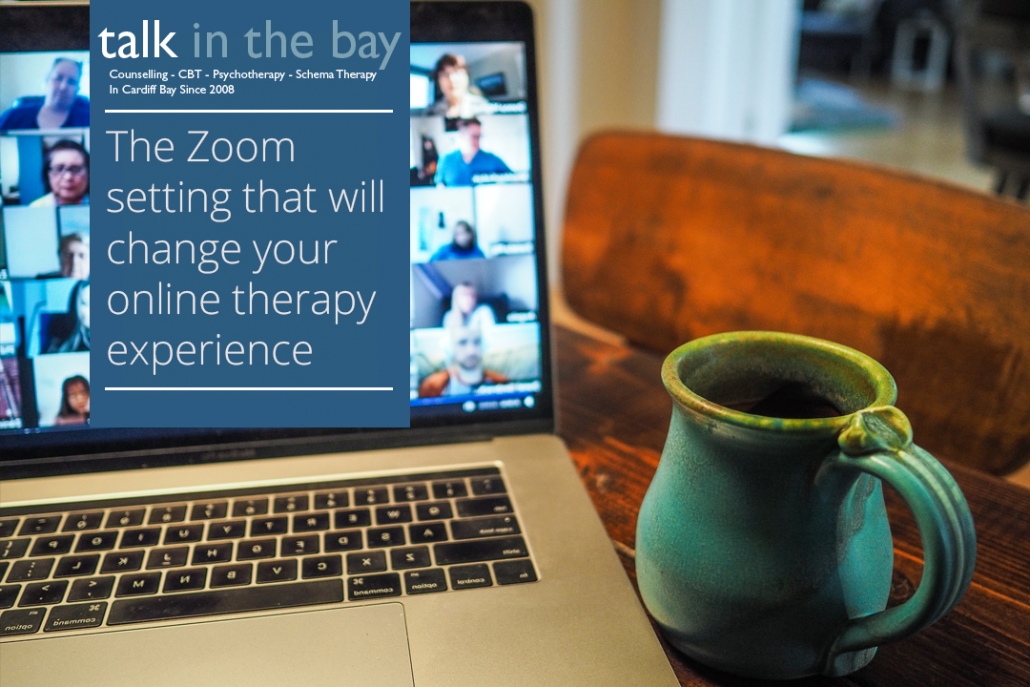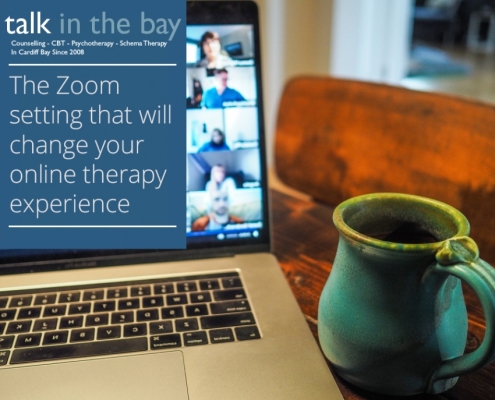Diagnosing infertility
Fertility testing and investigation can be a long and drawn out process from start to finish, so if you have reason to be concerned about conception then it is advisable for you to book an appointment with your GP as soon as possible.
Your GP will be able to give you advice about the next steps and will also carry out an assessment to explore possible areas of concern.
This will usually include your full medical, sexual and social history to help to identify what may be causing fertility problems. Your age, weight, length of time trying to conceive, and your sex life will usually be the starting points.
If it is a sexual problem this is usually easily dealt with. You will also typically be asked about medical conditions, sexually transmitted infections and menstrual cycle.
Some medications can affect your fertility, so your doctor may prescribe alternative treatments. Your GP will also ask you about smoking, being overweight or underweight, how much alcohol you drink and whether you take recreational drugs or have excessive stress in your life.
Infertility testing – the next step
The Doctor may also conduct a physical examination or refer you for further tests.
After your GP has considered your medical history and possibly carried out a physical examination, you may be referred to a specialist infertility team at an NHS hospital or fertility clinic for some further tests and procedures.
For women, there are a number of tests that can be used to try to establish the cause of infertility including tests for Progesterone, Hormones, Thyroid and Chlamydia.
Other tests, including X-ray or ultra sound scan can detect any blockage of the fallopian tubes or problems around the cervix.
For men, a semen analysis and chlamydia test can be organised.
Should I tell my partner I am going to the doctor?
Yes, absolutely. If you have concerns about your fertility, talk to your partner – after all this is something which affects you both.
The thought that you may not be able to conceive may make it tempting to sneak off to visit your healthcare provider without another soul knowing, and whilst this is an understandable reaction it is always best to be open and honest about your concerns.
Tell your other half that you are worried and remember that fertility problems occur equally in men and women so both of you need to be there.
The realisation that there could in fact be an issue with conception can be an extremely emotional time, and certainly one in which both parties will need as much support from one another as possible.
When is the right time to seek help?
For most couples ‘How long will it take to fall pregnant’ is one of the first questions they ask when they begin to actively start trying for a baby.
Unfortunately, there is no set answer to that question, nor is there a definite line after which infertility is declared. Some couples are extremely lucky and find that they conceive after trying for just a short period of time. Others however will find that the process takes far longer, often so long that anxiety, frustration and fear that it may never happen all begin to set in.
Having concerns about falling pregnant is entirely natural, but at what point should these concerns be taken to a medical professional?
A couple should visit their GP if they have not conceived after one year of trying, although women over the age of 35, and anyone who is aware that they may have fertility problems (for example those seeking treatment for cancer) should seek help sooner. The GP can check for common causes of fertility problems and will also be able to suggest treatments and lifestyle changes that could help.
There are two types of infertility:
- Primary infertility, where someone who has never conceived a child.
- Secondary infertility, where a person has had one or more babies in the past, but is having difficulty conceiving again.
Fertility problems are equally divided among men and women with only 5% of cases having no identifiable cause.
Infertility treatment
There are three main types of fertility treatment available, and the treatment you are offered will really depend on what is believed to be causing the problem and also what is available from your Primary Care Trust (PCT):
- treatment to assist fertility
- surgical procedures
- assisted conception, which may be intrauterine insemination (IUI) or in-vitro fertilisation (IVF).
Eligibility
Whilst the NHS do fund fertility treatment, eligibility and services tend to vary greatly throughout the UK as it is the responsibility of your local PCT to determine factors such as services and availability.
As a patient it is your right to be referred to an NHS clinic for initial investigation, but be aware that waiting lists in some areas can be extremely long and thus the process may be very drawn out.
You may wish to consider having private treatment although this can be expensive and there is no guarantee that it will be successful. It is, however, important to choose a private clinic carefully. You can ask your GP for advice, and you should make sure that you choose a clinic that is licensed by the Human Fertilisation and Embryology Authority (HFEA).
Infertility treatments can cause complications including:
- side effects of medication
- increased risk of ectopic pregnancy
- multiple pregnancy
- stress.
All assisted conception clinics in the UK are obligated to offer patients the option of infertility counselling during any stage of their treatment. If you are undergoing treatment or are about to embark upon treatment and you would like to see a counsellor, let your clinic know as soon as possible as there may be a waiting list.
How can infertility counselling help?
Research has shown that infertility often has a stressful impact on relationships and can affect a couple’s sex life. The condition is isolating and can impact on how a couple communicate with each other and with the people around them. There can be a profound sense of loss and grief which can impact on closeness.
Infertility can also carry with it a sense of denial with sadness and shock borne individually when pregnancy does not materialise. There can also be feelings of fear, guilt and abandonment from the partner who feels the problem lies with them. Women can feel less feminine and men can feel less masculine in the face of infertility.
Infertility can also put stress on your relationship, with studies showing that couples dealing with infertility are more likely to feel unhappy with themselves and their marriages. It is important to express the feelings of sadness, loss and anger and to have good support from people around you who understand your position.
As mentioned previously, many clinics offering Infertility Treatments also offer counselling or insist that a couple undertake professional counselling before embarking upon investigations and treatment. This can open up channels of communication and keep a couple in contact with each other as they undergo what can turn out to be challenging course of action.
 https://talkinthebay.co.uk/wp-content/uploads/2022/10/World-Mental-Health-Day-2022-e1716448698921.jpg
563
1080
Carin Stenbeck
https://talkinthebay.co.uk/wp-content/uploads/2022/02/TalkintheBay_Logo_300dpi_Large.png
Carin Stenbeck2022-10-03 13:53:512022-10-04 13:39:59World Mental Health Day 22
https://talkinthebay.co.uk/wp-content/uploads/2022/10/World-Mental-Health-Day-2022-e1716448698921.jpg
563
1080
Carin Stenbeck
https://talkinthebay.co.uk/wp-content/uploads/2022/02/TalkintheBay_Logo_300dpi_Large.png
Carin Stenbeck2022-10-03 13:53:512022-10-04 13:39:59World Mental Health Day 22




